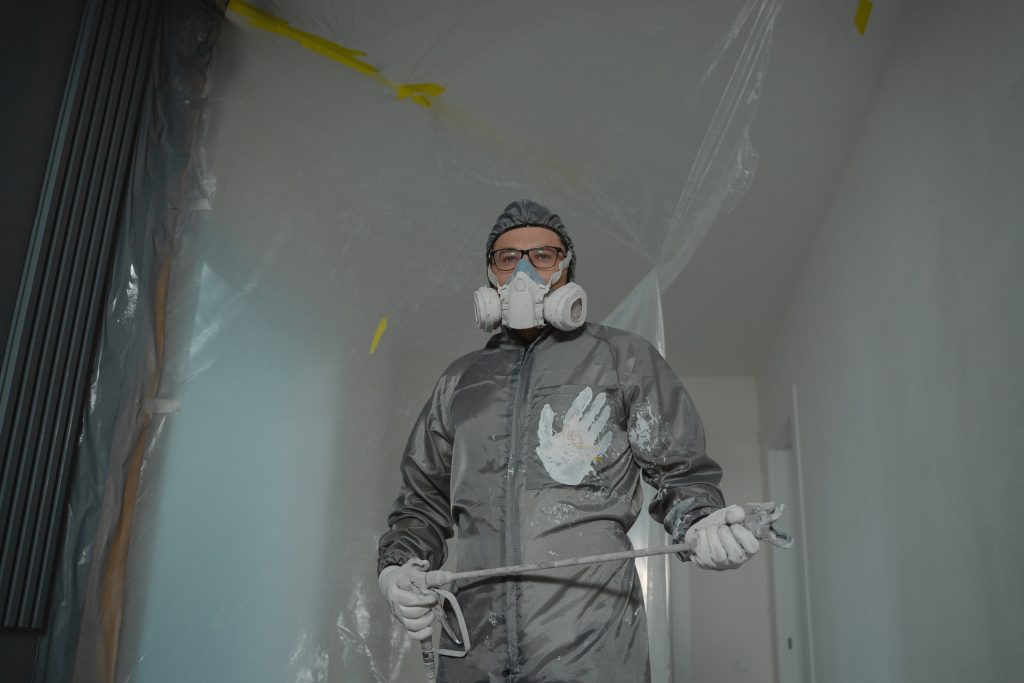What Does it Take to Be a Residential Developer?


As a residential developer, you’re responsible for transforming land into housing. This involves bringing together multiple professionals.
These professionals include architects, landscape architects, civil engineers and site planners to address project design; market consultants to determine demand and a development’s economics; attorneys to handle agreements and government approvals; environmental consultants and soils engineers to analyze a property’s physical limitations and environmental impacts; surveyors and title companies to provide legal descriptions of a property; and lenders to provide financing.
Location
A residential developer is a real estate entrepreneur who has a vision of creating new housing. They are responsible for obtaining raw land, zoning it, getting permits, creating lots, setting up sewers and water lines, as well as developing streets and curbs. There are many skills and traits that go into becoming a successful residential developer, including imagination, experience, leadership, and risk tolerance.
Selecting the location of a new residential development is a key step that can affect how much revenue a developer makes and how long it takes to complete a project. This involves researching the local property market to determine the feasibility of a specific type of development and its potential in-migration rates, as well as studying the local economy to identify trends.
Planning
Planning a new development is a complex process that requires careful consideration and attention to detail. Depending on the size of your project, you will need to consider everything from land acquisition and permitting to construction and marketing.
The best way to start is by understanding the unique qualities of your local area, including the economic fundamentals and quirks. This will help you determine where to focus your time and energy. It also helps you identify which products will be most attractive to local buyers, and which projects will offer the most bang for your buck. This is a crucial step to ensure your success as a residential developer. The best way to do this is to speak with professionals in your area, such as real estate agents or bankers, about their recommendations.
Design
A residential developer is a person who works to get a lot ready for building a home on it. This includes getting the land, obtaining permits, creating lots and street curbs and setting up sewers, water lines and electrical services. It also involves working with designers to create a good looking home.
Becoming a residential developer requires a lot of things such as imagination, talent, experience and a never-give-up attitude. The best part is that once you’ve got these things in place, you can focus on what really matters – designing and building great homes. The next step is to figure out what type of development you want to work on, such as a single-family home or a multi-family complex. This will help you decide which direction to take your business.
Financing
Financing is essential to the development of a property and there are a variety of options available. The type of finance you choose depends on your needs and what your goals are.
A good mortgage broker can help you find the best loan for your project and ensure it meets your specific requirements. In particular, if you are developing a larger project it may be necessary to split the loan over more than one lender and a proficient mortgage broker can make the process a lot easier.
Lenders will want to know what your intentions are with the development, why you are embarking on it and what your team have to offer. They also want to know about your previous building or development experience. This will help them assess the professionalism of your finance presentation and the security of your property.
Construction
A residential developer is someone who takes raw land and turns it into a new development. This involves getting all the necessary permits, creating lots, installing sewers, water lines and streets.
A real estate developer will also market the development to end-users such as home builders, renters and apartment seekers. They will then secure the needed funds for the project including financing, investor capital or both.
A successful residential developer needs a variety of skills, talent and imagination. They must be able to work well with others and have a never-give-up attitude. They must also have a strong knowledge of real estate, construction, finance and law. There are many risks involved in developing a residential property and you must be able to handle them.
